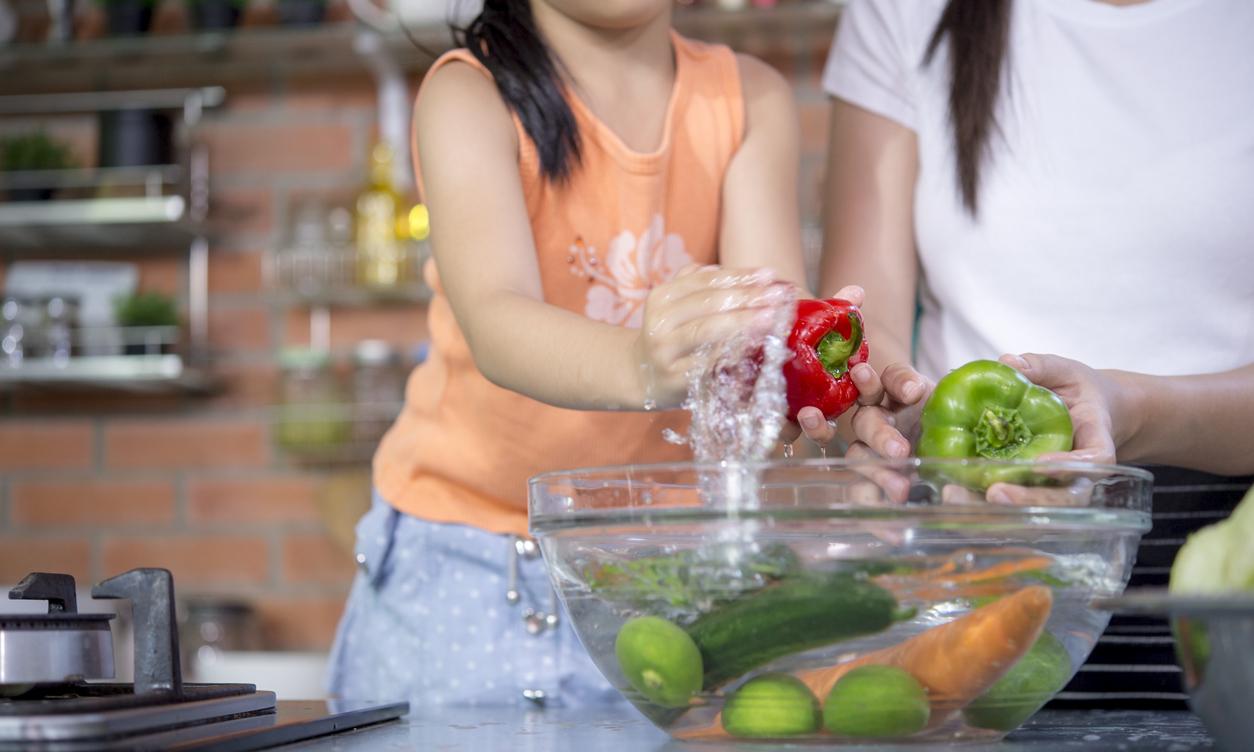
Heavy metals in vegetables: Here are ways to remove them
A recent study highlighting the presence of harmful heavy metals in vegetables sold in Bengaluru have caused a lot of anxiety. Here, experts suggest ways to get rid of the heavy metals in your vegetables

A study highlighting the presence of heavy metals in vegetables sold in Bengaluru markets set off alarm bells among people in the city.
This even led tothe Karnataka Food Safety and Standards Authority (FSSA) to issue a statement to declare that they will launch a campaign to test the vegetables. The FSSA Commissioner said any edible product having iron content more than the permissible level is unsafe for human consumption and anyone selling it can be jailed from six months to six years along with a fine ranging from ₹1 lakh to ₹5 lakh.
The study was conducted by a government run institute – the Environmental Management and Policy Research Institute, which had collected over 400 samples of vegetables to test it for the presence of metals like cadmium, chromium, copper. Iron, manganese, nickel, lead and zinc. Tests were run on ten vegetables namely brinjal, tomato, capsicum, bean, carrot, green chilly, onion, potato, spinach and coriander sourced across different kinds of markets in Bengaluru.
Spinach particularly showed a higher concentration of different metals as compared to other vegetables .What is worrying is that the intake of heavy metals through diet can lead to several disorders such as kidney damage, nervous disorder, bone disease and tubular growth.
How to remove heavy metals from vegetables:
Washing with water
According to agricultural scientists, vegetables can be washed thoroughly with tap water two or three times to remove traces of heavy metals.
The International Journal of Agricultural Science and Research says washing treatments mechanically remove the heavy metals deposited on the surface of the vegetables. Most scientific studies recommend that vegetables must not be grown with sewerage water and that they must be washed carefully before cooking to decrease the intake of heavy metals.
Soaking in salt water solution
Another way is to soak the vegetables in salt solution for a while to remove the heavy metals.
Cooking the vegetables with more water
Also, cooking vegetables in a lot of water can help remove the metals present in them.
Consuming fruits and vegetables high in antioxidants
A Deccan Herald report quoting experts suggested that people need to eat a lot of fruits and vegetables high on antioxidants to fight the heavy metal concentration. Fruits rich in vitamin C like gooseberries, oranges, lemons and strawberries can help reduce the free radicals in the body.
Also, vitamin C helps convert toxins into a water-soluble form that may be eliminated easily from the body. For example, lemons help digestion by stimulating enzymes. Foods high in vitamin C are bell peppers, organic blackcurrants, citrus fruits, organic wild blueberries, guava, parsley, kiwis, broccoli, papayas, strawberries, etc.
Experts also advise eating enough veggies like broccoli, cucumbers, beetroot, celery and sprouts.
Various foods rich in fibre, such as fruits and grains with bran, may help remove heavy metals. Researchers have found fiber to reduce mercury levels in the brain and blood.
Foods rich in sulfur, such as garlic and broccoli, also help.
Blanch vegetables before making salads
Experts advise people to blanch fruits while making fruit juices and to do the same for vegetables while making salads.

